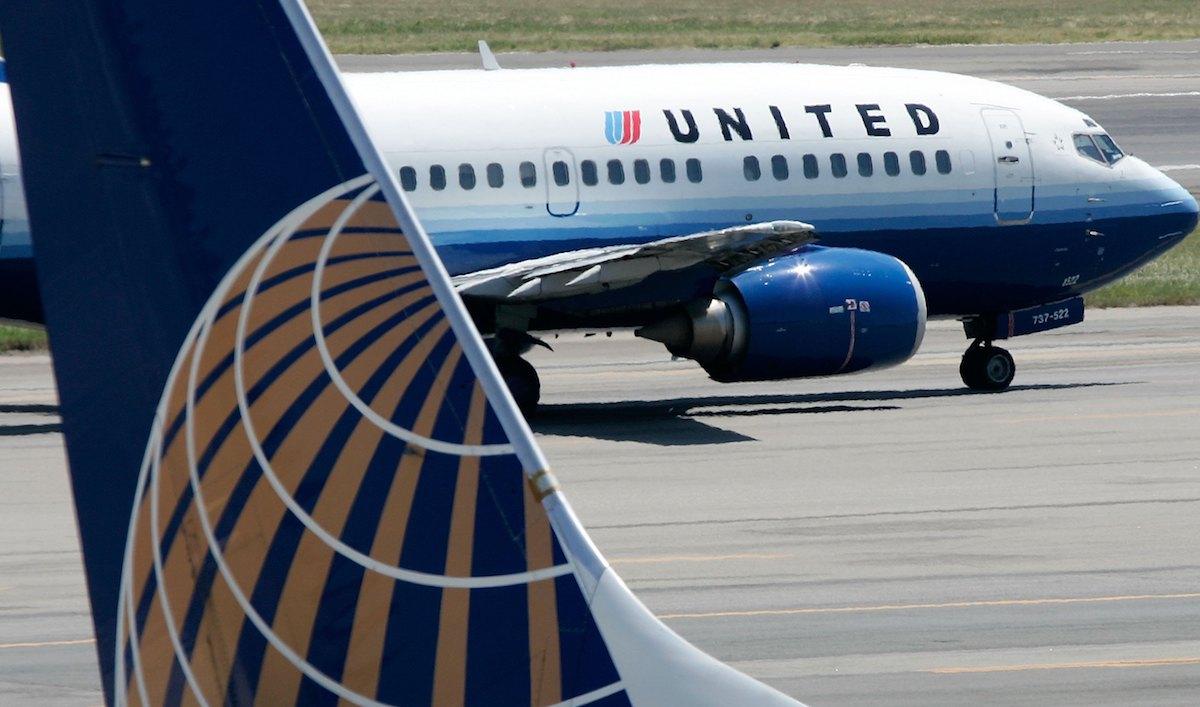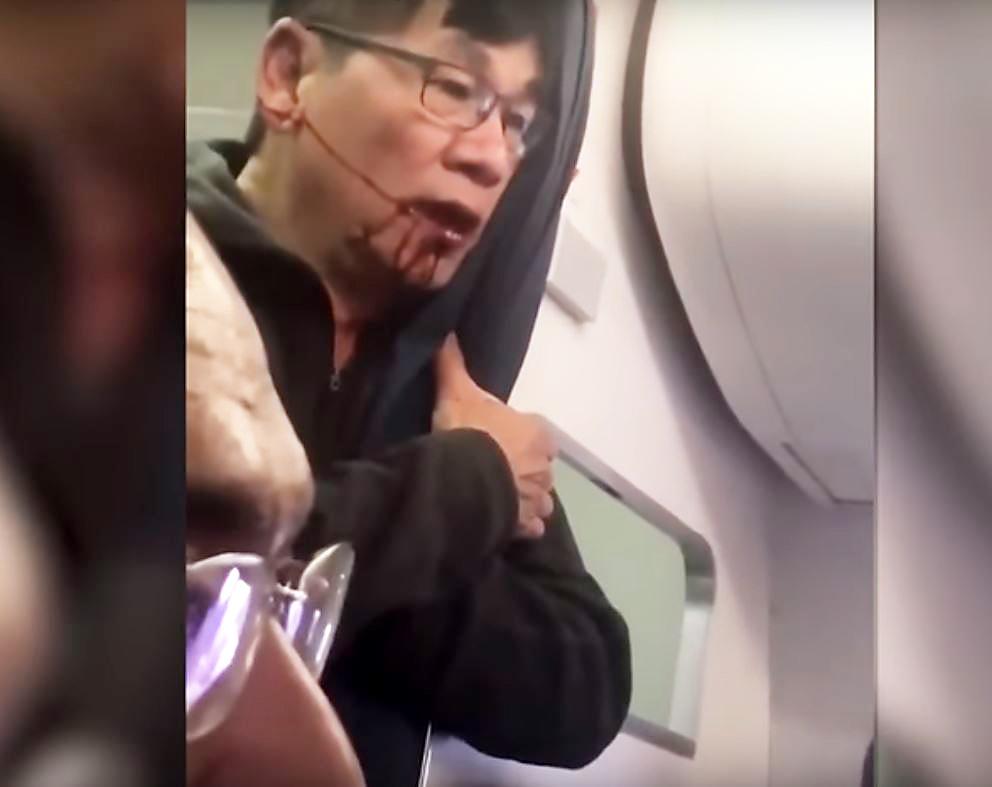The Independent's journalism is supported by our readers. When you purchase through links on our site, we may earn commission.
United Airlines: How to avoid a repeat of the David Dao disaster
Overbooking is a high-stakes game, and airlines must offer whatever inducements it takes to get volunteers to offload

“Operational difficulties” – airlines use the term to describe delays due to all manner of misadventures. But usually it translates as: “we’ve messed up”. And United Express flight 3411 from Chicago to Louisville last Sunday was the most extreme example yet.
United’s website explained the flight being two hours late thus: “Status: Delayed due to operational difficulties.” From the airline’s perspective, that reads better than: “Status: Delayed due to cleaning up the blood in the cabin following the forcible removal of a doctor who was occupying his confirmed seat when security staff arrived to manhandle him from the aircraft.”
Dr David Dao was brutally removed because United decided to make room to ferry crew needed in Kentucky to operate the next morning’s flight.
The shocking event triggered worldwide anger at United’s heavy-handedness – and the way that airlines are able to offload with impunity passengers who have booked a flight months ahead. And after I wrote and talked about the event, some of the social media storm headed in my direction.
Here’s Kumar Vikram Dev on Twitter: “How on earth can you @SimonCalder justify this inhumane treatment of a person by United? #UnitedAirlinesAssault Deplorable.”
Well, Kumar, I have no intention of condoning the shocking treatment meted out to Dr Dao. I observed that United, like most airlines, has a clause in its contract with every passenger which says, effectively, “You may have a ‘confirmed’ reservation for a flight, and be sitting on board, but we still reserve the right to offload you to make room for someone else.” (The actual wording is: “All of UA’s flights are subject to overbooking which could result in UA’s inability to provide previously confirmed reserved space for a given flight.”)

I also pointed out that the captain’s word goes. The Federal Aviation Administration says: “The pilot in command of an aircraft is directly responsible for, and is the final authority as to, the operation of that aircraft.” Our own CAA has a similar regulation: “Every person in an aircraft must obey all lawful commands which the pilot in command of that aircraft may give for the purpose of securing the safety of the aircraft and of persons or property carried in the aircraft, or the safety, efficiency or regularity of air navigation.”
By explaining the rules, I hope to shed light on the event. But that does not mean I regard the treatment of Dr Dao as anything other than shameful and appalling. The poor man’s awful experience must prove a wake-up call for United and all airlines that overbook flights. Selling tickets that don’t exist is a high-stakes game. When carriers predict the number of “no-shows” correctly, they profit handsomely. So when they guess wrong, and the flight “blows” (to use the charming airline jargon for too many people turning up than there are seats available), they must offer whatever inducements are needed to persuade passengers to leave the plane voluntarily.

In the case of UA3411, the offer was capped at $1,000. Not enough? Throw in a free round-trip to Europe or Latin America. Still insufficient? Make that free ticket business class.
Governments can help improve carriers’ behaviour by sharply increasing the compensation payable for “bumping” passengers. At present someone offloaded from a flight from the UK to France and forced to travel a couple of days later gets just €250 – the same compensation for a flight arriving three hours late.
Raise the denied-boarding payment to €1,000, and watch the airlines up their game.
The suffering of Dr Dao has also helped passengers realise that an airline ticket is a pretty flimsy promise to get you from A to B, and can be revoked at any time. So when Lesley Smithson tweets: “Your defense of UA’s right to remove suggests bookings are worthless. Can’t be sure I will get to my son’s wedding in CZ then?”, the honest answer to her question is “No”.
Knowing the airline business, though, I dare say one or two carriers may latch on to this sorry saga and start charging us an extra fiver for a guarantee that someone else will be picked on when the involuntary offloads begin. Life for the airline passenger is full of operational difficulties.
Join our commenting forum
Join thought-provoking conversations, follow other Independent readers and see their replies
Comments
Bookmark popover
Removed from bookmarks